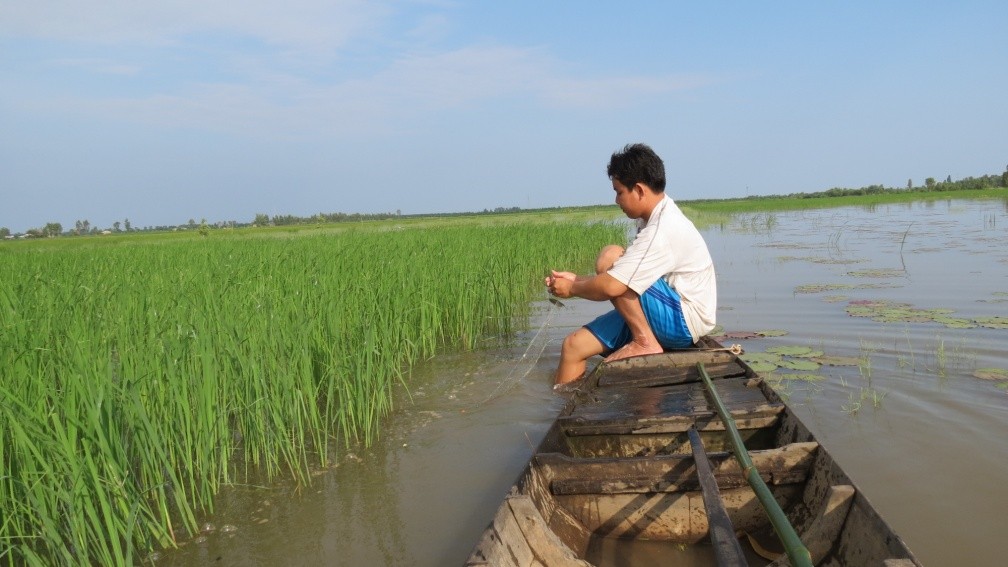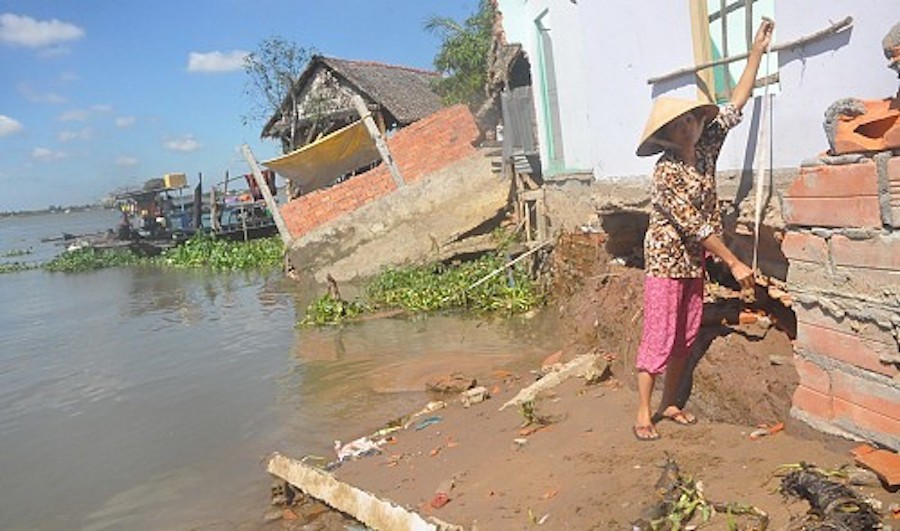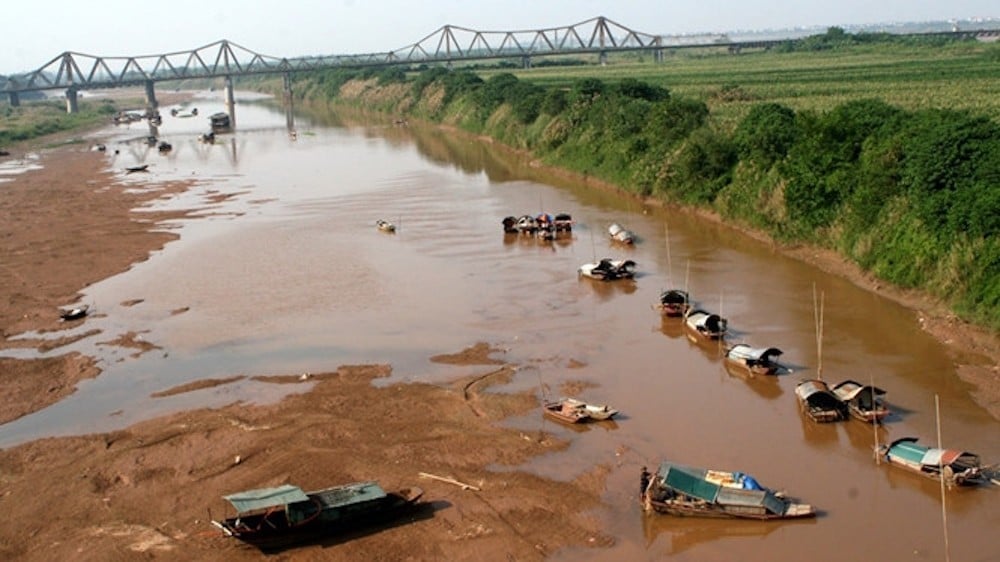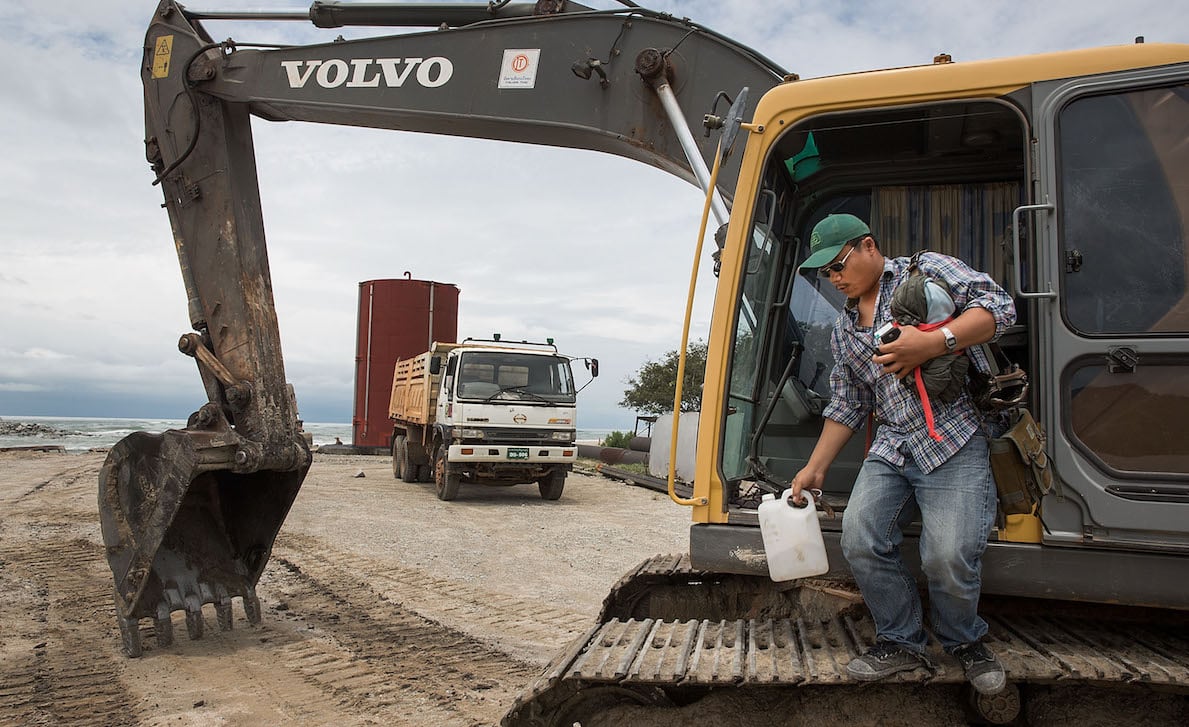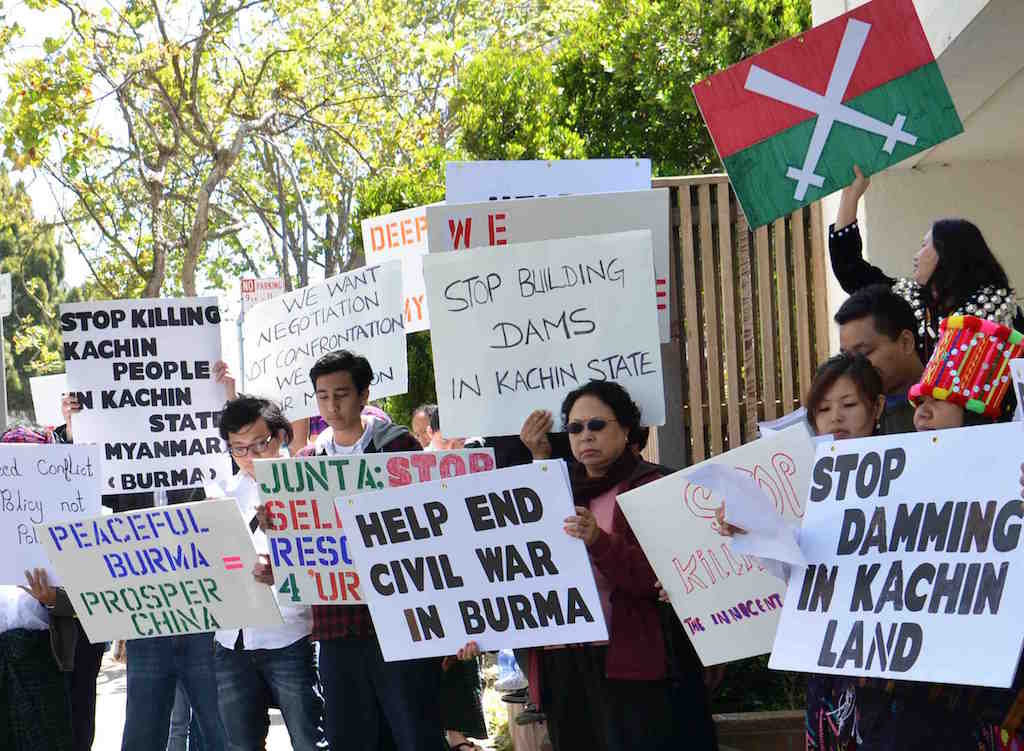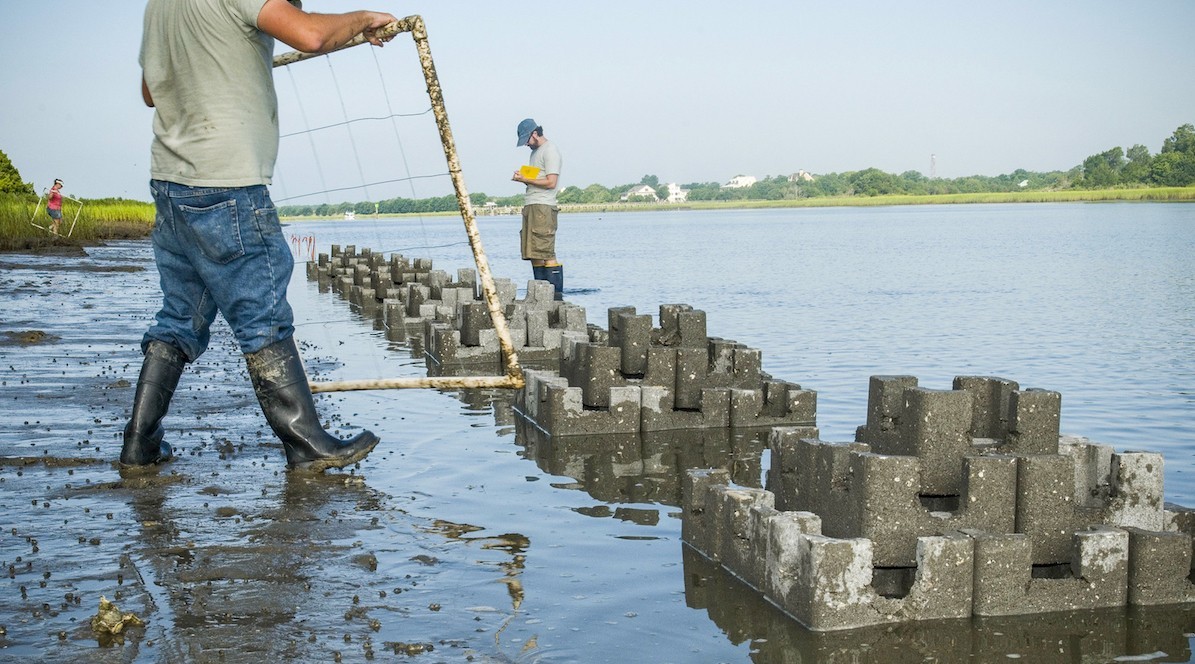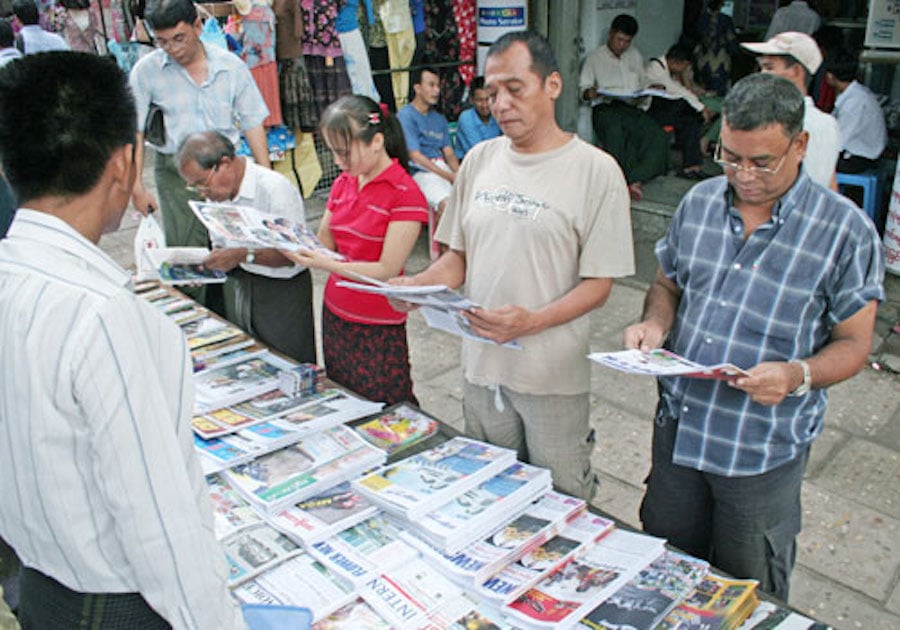The Mekong Delta makes up 55.5 percent of the country’s annual rice output. Shortage of floods has resulted in a hefty 50 percent decrease in sediment deposited in the Mekong Delta each year, causing Vietnam’s largest delta to face serious subsidence and likely disappearance in the future.
Tag: society-community
Myanmar’s Suu Kyi assures China of solution to stalled dam
Myanmar leader Aung San Suu Kyi told China’s premier on Thursday that her new government is willing to look for a resolution that suits both countries to a suspended Chinese-funded hydropower project in northern Myanmar, a senior Chinese diplomat said.
Finding a solution to the US$3.6 billion Myitsone dam project is important for Suu Kyi who needs China’s cooperation in talks with Myanmar’s ethnic minority armed groups operating along northern borders with China.
Major rivers of Vietnam’s Mekong Delta become unusually deeper
Vietnamese scientists have warned of the unusual increase in the depth of two major rivers in the Mekong Delta, with sand mining and hydropower dams said to be the cause.
According to experts, instead of being accreted, the 250-kilometer long Tien (Front) River and 200-kilometer Hau (Back) River have become five to seven meters deeper since 2008.
The Mekong separates in Phnom Penh into the Tien River, the main northern branch, and the Hau River, the primary southern distributor, after entering Vietnam.
China’s lack of cooperation causing problems for Vietnam’s water resources programming
According to the Ministry of Natural Resources and the Environment (MARD), the total area of the entire Red-Thai Binh River basin is 169,000 square kilometers, of which 86,700 square kilometers, or 51.3 percent, belong to Vietnam, 81,200 square kilometers (48 percent) to China and 1,100 square kilometers, or 0.65 percent, to Laos.
Tong Ngoc Thanh, director of the National Center for Water Resources Planning and Investigation (NAWAPI), said at a workshop held recently that since China was uncooperative, and that it was difficult for Vietnam to get information for development programming about the water source in the upper course belonging to the Chinese territory.
Into the Zone: SEZs in the Mekong Region, Income…or Instability? (Part 2)
While neighboring Thailand’s Special Economic Zones are now progressing without much public consultation or review, Myanmar may be moving in the opposite direction. Its three SEZs which were launched in the waning years of the junta, are now under the direction of the civilian government fully aware of concerns raised by communities and independent researchers, and inclined to take stock of what their predecessors set in motion. At issue are a whole range of social and environmental grievances, as well as the viability of the projects themselves and to what extent they reflect the new leadership’s priorities.
Myitsone on agenda for China tour
The Chinese will certainly lobby on the suspended Myitsone dam project during State Counsellor Aung San Suu Kyi’s visit to China, Kyaw Zeya, director-general of the Foreign Affairs Department under the Ministry of Foreign Affairs, told a press conference.
Officials from the ministry, the Electric Power and Energy Ministry and the Border Affairs Ministry held a press conference on their undertaking in their first 100-day plans under the new government at the Information Ministry in Nay Pyi Taw.
Govt to survey dams nationwide
The government is planning on reviewing the status of dams throughout the country to see if they are worth keeping. U Htun Win, deputy minister for agriculture, livestock and irrigation, told parliament on August 2 that the review would take into account the efficiency, cost-effectiveness and long-term benefit of the dams.
A shift in policy, away from building dams and toward running irrigation channels to farmland, has already led to a 50 percent cut in the request for irrigation funding next year. The ministry’s assistant secretary, U Myo Tint Tun, told The Myanmar Times on July 18 that expenditure in 2017-18 would be less than half of this year’s level, falling from K253 billion (US$216 million) to K120 billion. The funds would be used primarily to provide irrigation drainage to existing dams that lacked it.
SEZ polluting Bavet canal, villagers say
Villagers living along a canal in Svay Rieng province’s Bavet town say its water has been polluted by untreated discharge from the nearby Manhattan Special Economic Zone (SEZ), rendering it unusable.
Three communes live along the Tapov canal – Bati, Prasat and Bavet – with villagers from the first two saying that they have complained about the pollution since 2015 and that the quality of the water has continued to decline and the smell is unbearable.
Cambodia Pushing for More Benefits From Mekong Integration
The government is seeking to develop ways of increasing the benefit felt by Cambodia from economic corridors opened throughout the Greater Mekong Subregion as part of Asean integration, an official has said.
Sok Chenda Sophea, secretary general of the Council for the Development of Cambodia, told reporters after a meeting of ministers from countries in the region held on Thursday that the government had developed a strategy to remain competitive.
A responsible press can help empower Myanmar’s young, growing democracy
As a voracious consumer of Myanmar journalism over some time, I am fascinated by how the country’s transition to freedom of the press takes root and prospers.
Progress toward press freedom has occurred very rapidly in Myanmar since 2012, but we still see too many instances of journalists being detained and even charged over what they have published.


